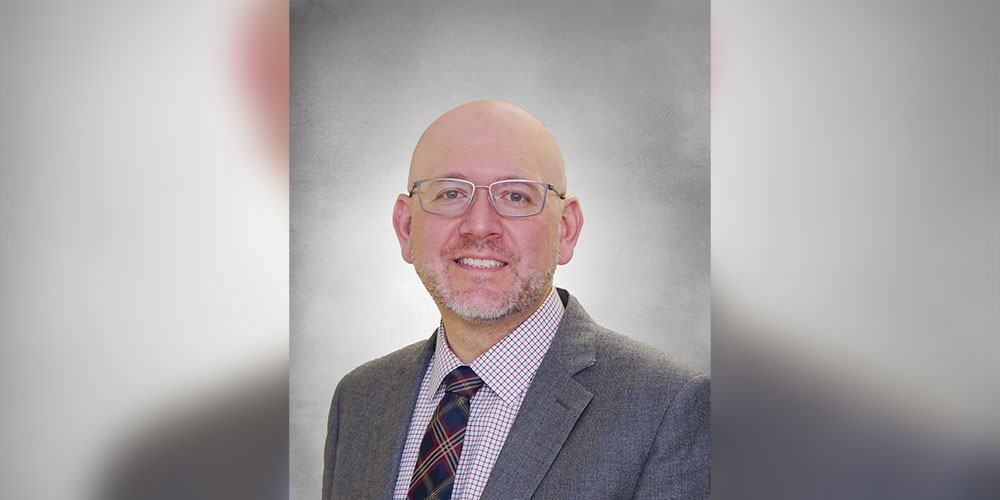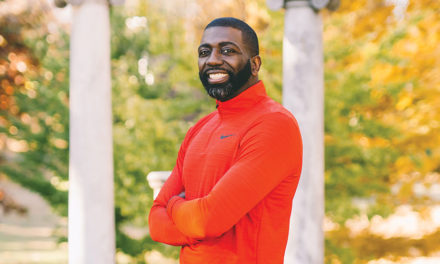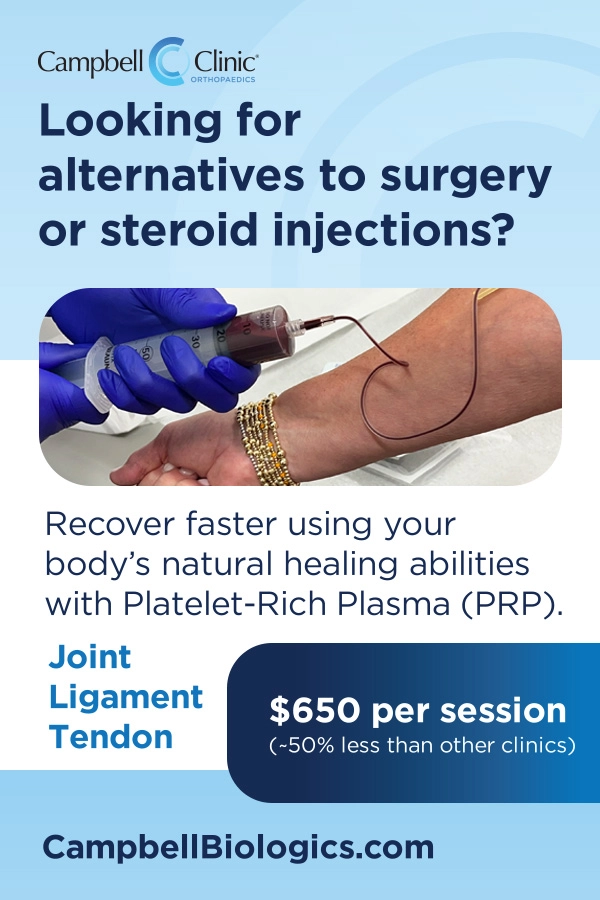By Evan Glazer, MD, FACS
If you ask most people about their health priorities, preventing cancer is high on the list.
As a surgical oncologist, I specialize in performing procedures to treat cancer, but I’d rather be able to tell patients they’re cancer-free and don’t need surgery.
Prevention is the best cancer treatment. If cancer cannot be prevented, then doing everything possible to help treat the cancer is the next best thing.
There are ways to reduce cancer risk, and a healthy diet is one of them. With that in mind, I’d like to clear up some myths that can cause people to feel overwhelmed or scared when talking about cancer.
MYTH: Avoid added sugar at all costs
There is a scientific basis for limiting added sugars like high-fructose corn syrup in our diet. Eating a lot of added sugar is linked to inflammation. Inflammation causes changes to our cells, which, over time, can cause changes to the DNA.
With enough changes, cancer can eventually develop.
But that isn’t the result of one event! Eating a candy bar won’t cause cancer, and avoiding sugar at all costs won’t stop cancer, unfortunately.
Instead, focus on balance. Aim for most meals to be higher in lean protein, fruits, and vegetables and lower in fat and carbohydrates. But if you want a treat now and then, that’s fine. Even better, add exercise to your healthy diet to really bring balance.
MYTH: You need to buy expensive designer “superfoods”
We hear a lot about nutritional powerhouses that fight disease, improve energy, manage weight, etc. Do they really exist? Yes, but maybe not how you think.
To me, a “superfood” is simply a healthy food you enjoy and will eat regularly.
For some people, it’s raspberries, blueberries, or strawberries. Others choose green veggies like spinach or broccoli. Some people drink their superfood while others eat it raw.
In general, natural foods that are rich in color and help you feel satisfied without excess calories are “superfoods.” Your specific “superfood” is a personal choice.
MYTH: Give up the drive-thru
Processed fast food and other grab-and-go options contain chemicals, and exposure to chemicals can raise cancer risk.
Therefore, if you see many unfamiliar words in the ingredients list, it’s best to choose something with natural ingredients like dairy, fruits, or vegetables instead. Incorporate lean meats, too.
However, we get busy and have to grab some meals on the go.
There are also food deserts where fast food is the only option, and sometimes healthy food isn’t affordable or available.
It’s OK to have fast food occasionally, but balance it with whole, natural foods. Try to choose the healthiest option available. If you can, support programs in our community that help those in “healthy food deserts” access healthy food as well!
MYTH: Choose either health or fun
It’s not productive to tell people their favorite foods are off-limits, and I don’t agree with it.
My advice is to recognize that natural, nutrient-dense foods can lower cancer risk, and processed foods with added sugar can raise cancer risk. Working within those guidelines, find the foods you enjoy, have access to, and will eat regularly — and don’t worry about the occasional treat!
Diet and regular exercise aren’t punishments. They’re tools to build a healthy life and potentially lower your risk of cancer and other serious diseases.
For more information, visit Regionalonehealth.org/cancer-care/ or call 901.515.HOPE (4673).
This is not meant to be advice for specific patients or about specific cancers. If you or your loved one has cancer, or questions about your specific cancer risk, please talk to your primary care provider or cancer doctor to address your personal questions and needs.
Evan Glazer, MD, FACS, is a surgical oncologist and national leader in treating liver and pancreatic cancers. He sees patients at Regional One Health’s Main Campus, 880 Madison Ave., and East Campus, 6555 Quince Rd.










